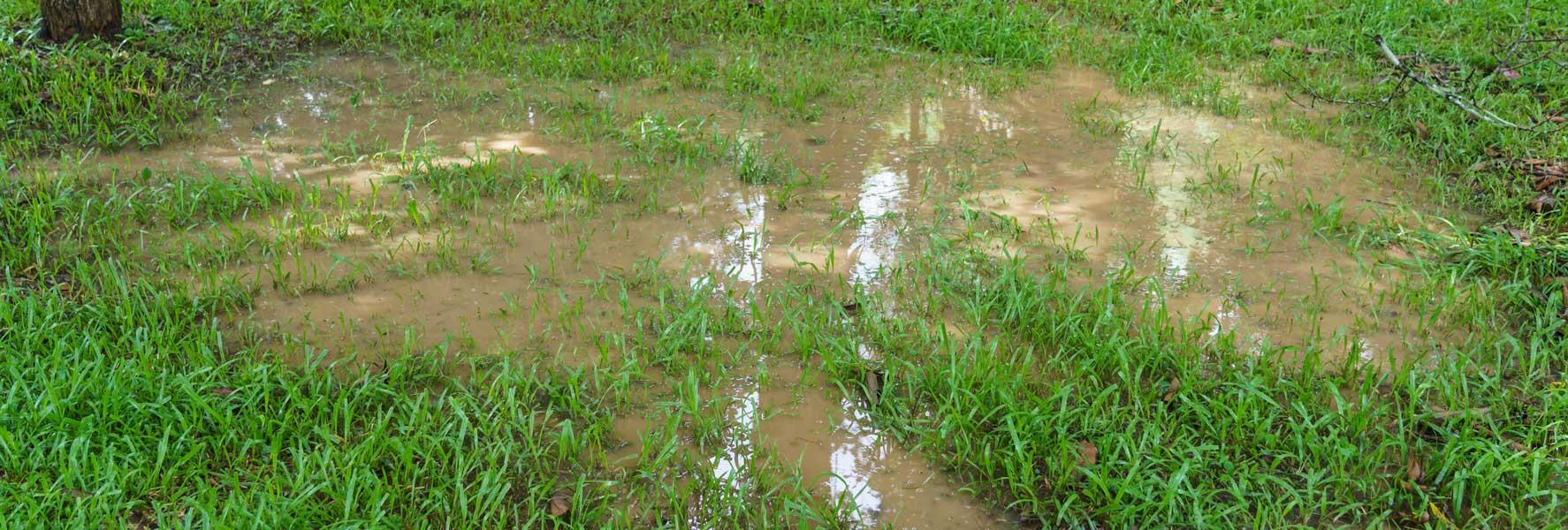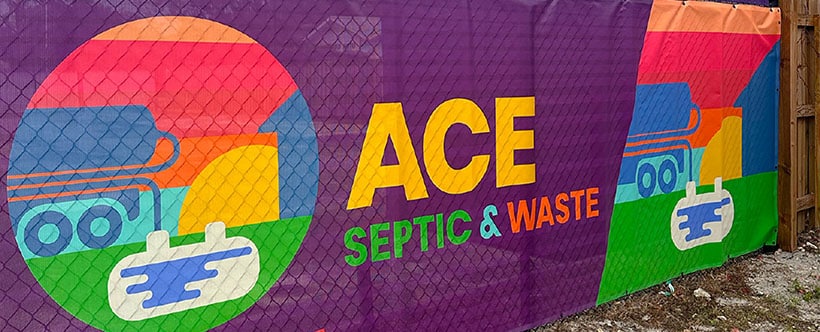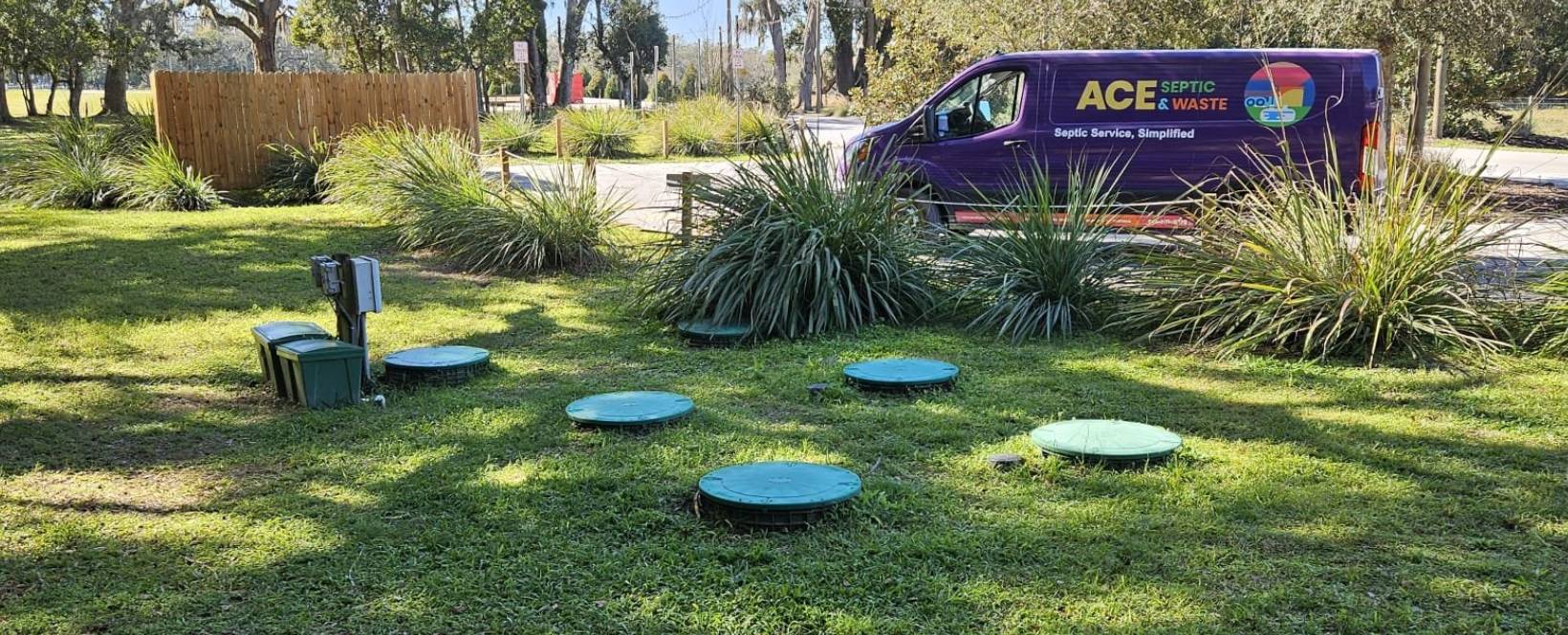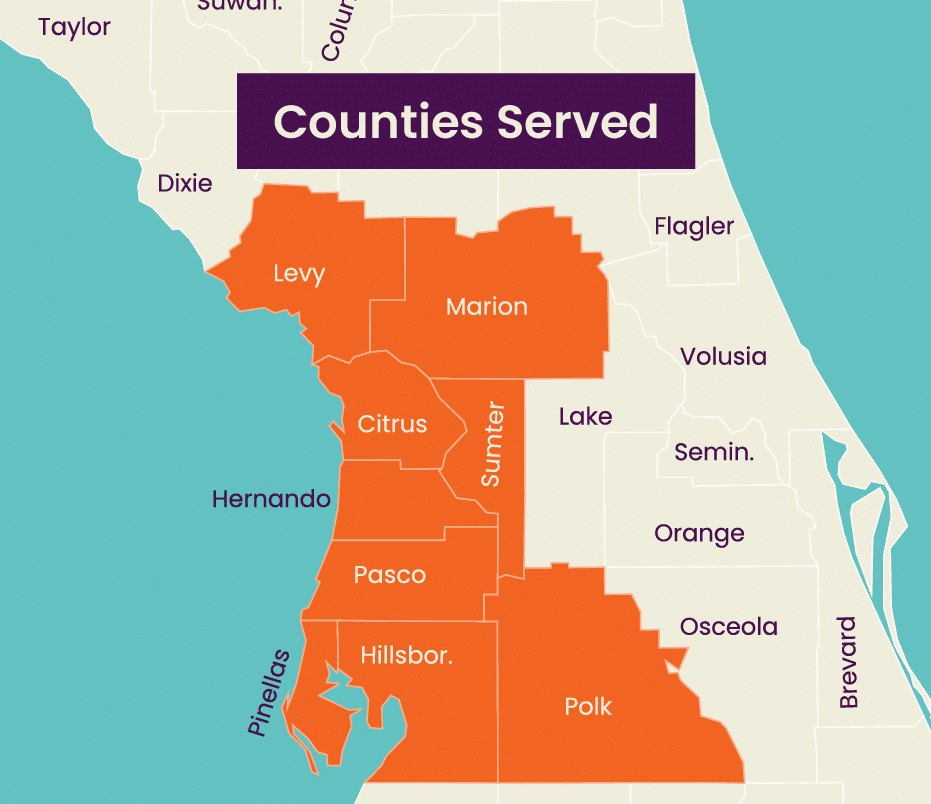It might seem like your septic system requires little to no attention. While a septic system certainly doesn’t require daily maintenance, if you neglect it too long, you’re leaving the door open for a septic emergency. When this happens, the effects are usually disastrous and costly.
The most common septic emergencies include:
- Sewage backup in your drains. Water always finds relief from the lowest point of the house.
- A damaged septic system.
- Exposed wastewater in drain field areas (aka blowouts).
- Bubbling or gurgling of the toilets.
- Note: Keep an eye on how long it takes for the toilet to drain. A slower-than-usual toilet is often an early sign that something might be wrong with your septic system.
- An unpleasant odor comes from the septic area or drains in the house.
Follow these five tips below to maintain your septic system and avoid expensive catastrophes.
1. Pay attention to what goes down the drain
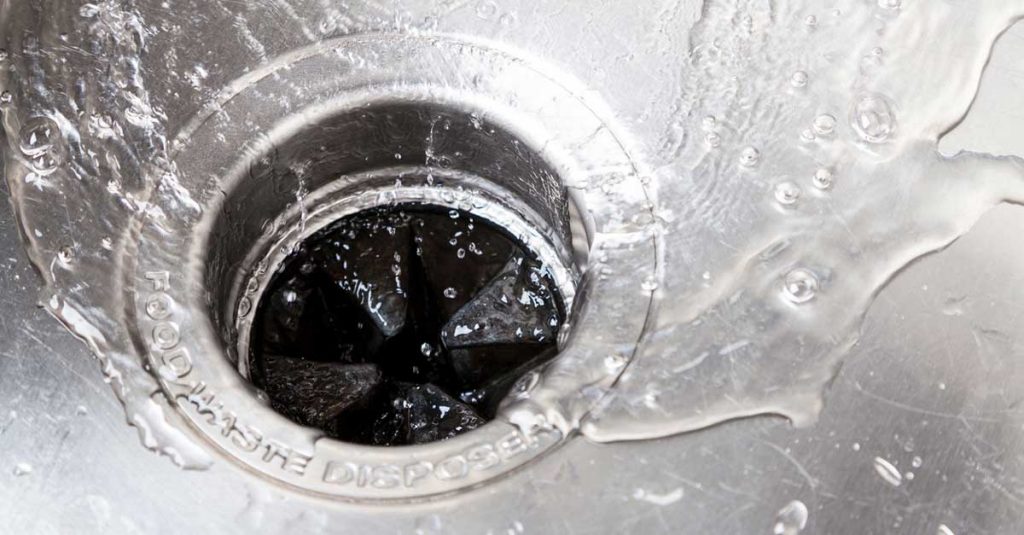
What you put down your drains really matters. In the bathroom, avoid flushing products like wipes, facial tissues, and anything else that’s not made to be flushed. Keep in mind that many products that claim to be septic-safe are still not great for your system.
In the kitchen, try not to pour grease, oil, or fat down the drain. Use your garbage disposal sparingly as it adds solid waste to your septic system with every use. Too much solid waste creates a foundation on which blockage can build up in your septic system, ultimately leading to a disaster. Scrape your plate in the trash before you wash it!
2. Conserve water

The more wastewater that runs through your system, the harder that system will have to work. You can ease the load by making a conscious effort to conserve water. Steps that you can take include:
- Take shorter or less frequent showers
- Only run your dishwasher when it’s full
- Install low-flow showerheads
Every flush, shower, and running faucet adds that much more water to your system. The same way car owners monitor their car’s mileage and get their oil changed regularly, a homeowner should have their septic tank regularly maintained and consider the amount it gets used within their household.
3. Only grow grass on your drain field
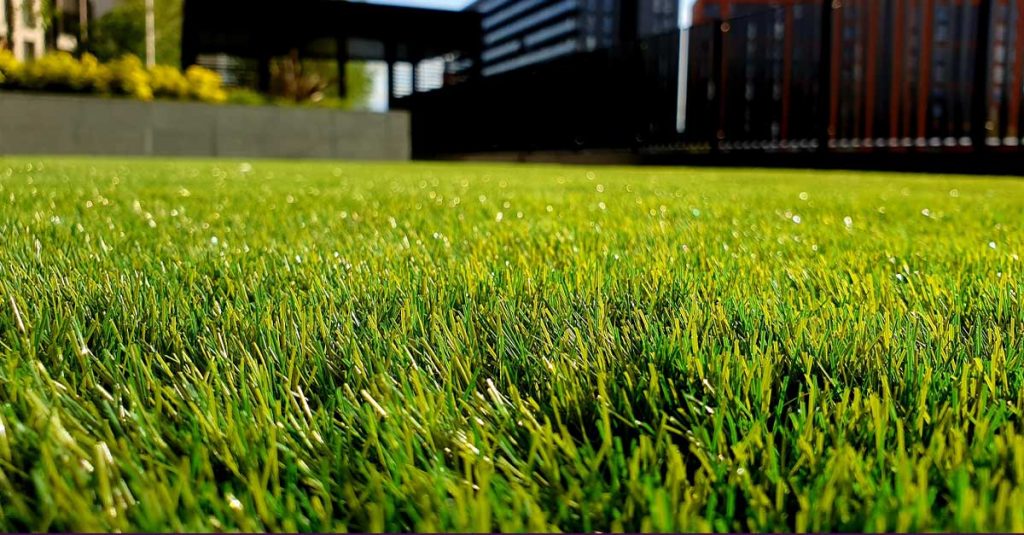
Your septic drain field isn’t a good place to plant a garden, park a vehicle, or lay concrete. Tree roots, which are a primary villain of septic systems, can penetrate pipes, damaging them, and causing an unwanted spillage of septic fluid. Homeowners should keep an eye on their exterior, specifically their lawn’s grass growth. When tree roots cause unwanted septic spillage, the grass in the affected area often becomes soggier and denser. If left untreated, unpleasant odors will start to emerge in the affected areas. Tree roots can also interfere with drainage, leading to clogged toilets and water drains.
Installing a surface like asphalt or concrete over your drain field is also a bad idea. These non-permeable surfaces will prevent oxygen from reaching the bacteria and breaking down the waste. Grass only!
4. Get your septic system pumped
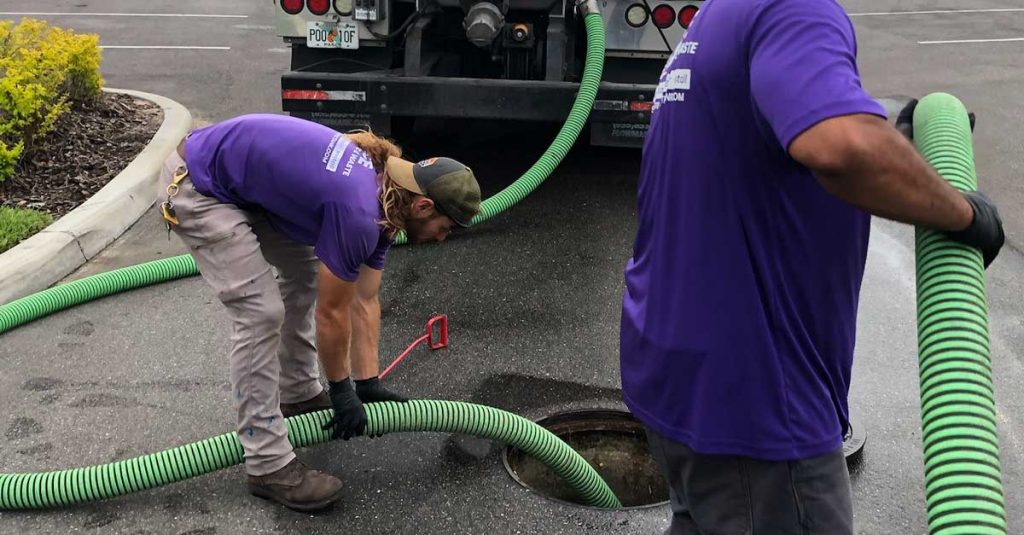
According to the U.S. Environmental Protection Agency, your septic system should be pumped every two or three years. If the system becomes too full of sludge, it will stop working properly. Pumping your septic system removes this excess waste.
Technically, you can pump your own septic system, but it’s an extremely unpleasant job that can be very dangerous. The gasses and fumes emanating from your septic system can be toxic.
Hiring a professional to pump your septic system ensures that the job is done properly and spares you from having to do a smelly, unenjoyable task. At ACE Septic & Waste, our team can pump your septic system as often as needed.
5. Have your septic system inspected

The absolute best way to gauge the state of your septic system is simply to take a look at it before it breaks and causes an emergency. However, it’s hard to know what to look for if you’re not an expert like ACE.
Every year or two, hire a professional Tampa septic company like ACE to inspect your septic system and determine if any issues need to be taken care of. Give us a call and let us help you maintain your septic system so you never have to experience a septic disaster.

